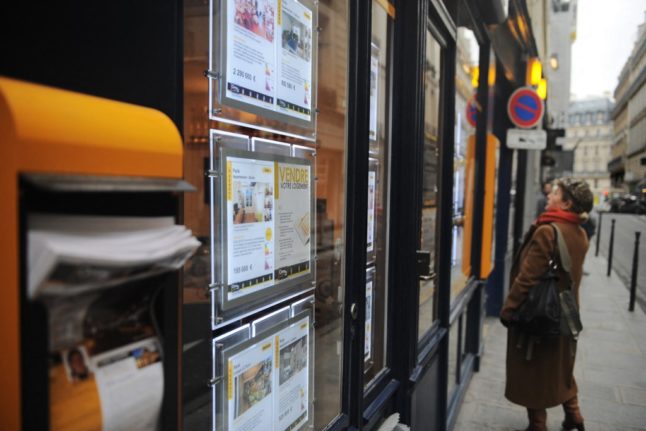In the past year, French notaries have noted a significant drop in property transactions – between 850,000 to 890,000 – in comparison to over 1.13 million in 2022. But, they’re expecting next year to be better. Here’s what you can expect from the housing market in France in 2024.
What to expect from the French property market in 2024
Love Paris, hate Parisian property prices? You’re (obviously) not alone. If you want the peace, good weather, cheaper property and high quality of life of south-west France but also need to travel regularly for Paris, check out these towns along the TGV route.
5 towns in south-west France within easy travel distance of Paris
No column inches have been spared on France’s new immigration law, which still has to pass the eyes of the Conseil Constitutionnel. It includes a section on compulsory French language tests for certain carte de séjour residency cards. Here’s what the new law says.
French language tests for residency cards: What the new law says
Montpellier has become the latest French town to offer free public transport – joining a growing list of local authorities offering partially or wholly free public transport in a bid to cut pollution and stimulate local economies. So, the question is…
Where in France can you travel on public transport for free?
If you’re expecting figgy pudding and mince pies in France at Christmas you’re likely to be disappointed – but the home of gastronomy has some wonderful festive food traditions of its own. French food blogger Florence Richomme explains more.
The 12 dishes that make up a classic French Christmas feast
Speaking of French dining… The French love their food rules, so here’s a reminder of how to navigate those lengthy festive meals and avoid inviting ridicule at the in-laws’ table.



 Please whitelist us to continue reading.
Please whitelist us to continue reading.
Member comments